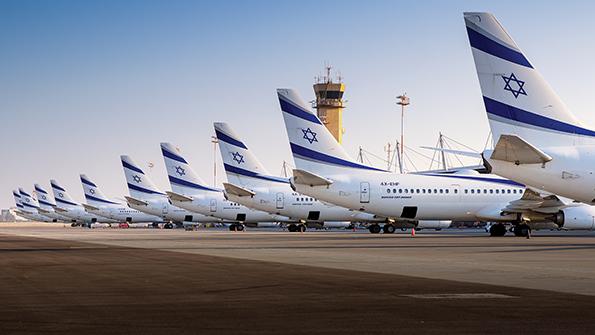
Credit: El Al
In the aftermath of the pandemic, business was going well at El Al. The Israeli flag carrier saw sustained profitability, a game-changing Boeing 787-9 fleet renewal, passenger experience accolades, peace with its employees, an expanding network catalyzed by the historic Abraham Accords, particularly...
El Al Execs Talk About Operating Through A War is part of our Air Transport World subscription.
Subscribe now to read this content, plus receive full coverage of what's next in air transport from the experts trusted by the global air transport community. Every article focuses on what airline management professionals need to run their airline, including crucial analysis and insights in financing, airframes and engines, environmental and regulatory pressures and much more.
Already a subscriber to ATW or an AWIN customer? Log in with your existing email and password.





